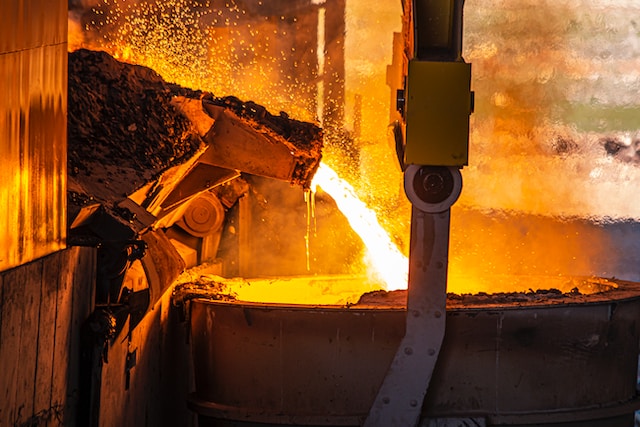From Reputation to Reliability: Ensuring Chinese Traders Deliver in the Steel Industry
Ensuring that Chinese traders have the ability to deliver in the steel trade from China is crucial to avoid potential disruptions and non-performance. Here are some steps you can take to assess the ability of traders to deliver:
1. Evaluate reputation and track record
Conduct research on the Chinese trader’s reputation and track record in the steel industry. Look for information on their experience, reliability, and past performance in delivering steel products. Seek references and feedback from other buyers or industry professionals who have worked with them.
2. Financial assessment
Assess the Chinese trader’s financial stability and capacity to fulfill contractual obligations. Request financial statements, credit reports, or any other relevant financial documentation to evaluate their financial standing. Consider factors such as liquidity, debt-to-equity ratio, and payment history to gauge their financial health.
3. Request references and certifications
Ask the Chinese trader for references from their previous clients and suppliers. Contact these references to inquire about their experience working with the trader and verify their ability to deliver as promised. Additionally, check if the trader holds any relevant certifications or accreditations in the steel industry.
4. Visit facilities or conduct site inspections
If feasible, arrange a visit to the Chinese trader’s facilities or arrange for an independent inspection to assess their production capacity, inventory management, and adherence to quality standards. This provides firsthand knowledge about the trader’s operational capabilities.
5. Analyze supply chain management
Understand the Chinese trader’s supply chain management process, including their relationships with steel mills, logistics providers, and other intermediaries. Assess their ability to source steel products reliably and efficiently, ensuring a smooth flow of goods to fulfill orders.
6. Request performance bonds or guarantees
Consider requiring the Chinese trader to provide performance bonds, bank guarantees, or other forms of financial security that offer compensation in case of non-performance or failure to deliver as per the contract. These instruments provide an added layer of assurance.
7. Maintain open communication
Establish and maintain regular communication with the trader throughout the trade process. Keep lines of communication open to address any concerns, seek updates on order progress, and ensure transparency in the transaction.
8. Monitor industry and market trends
Stay updated on industry news, market trends, and changes in the global steel market and in China’s market. This helps you assess the trader’s awareness and responsiveness to market dynamics, which can impact their ability to deliver steel products.
9. Seek legal advice
Consult with professionals experienced in international trade and Chinese contract law to review and negotiate the terms of the contract with the trader. They can help identify potential risks and suggest appropriate clauses or safeguards to ensure the trader’s ability to deliver.
By conducting thorough due diligence, engaging in open communication, and utilizing appropriate safeguards, you can assess and enhance the ability of Chinese traders to deliver in international steel trade. Doing so will help you build a reliable and successful trading relationship while minimizing the risk of disruptions and non-performance.
Photo by yasin hemmati on Unsplash






